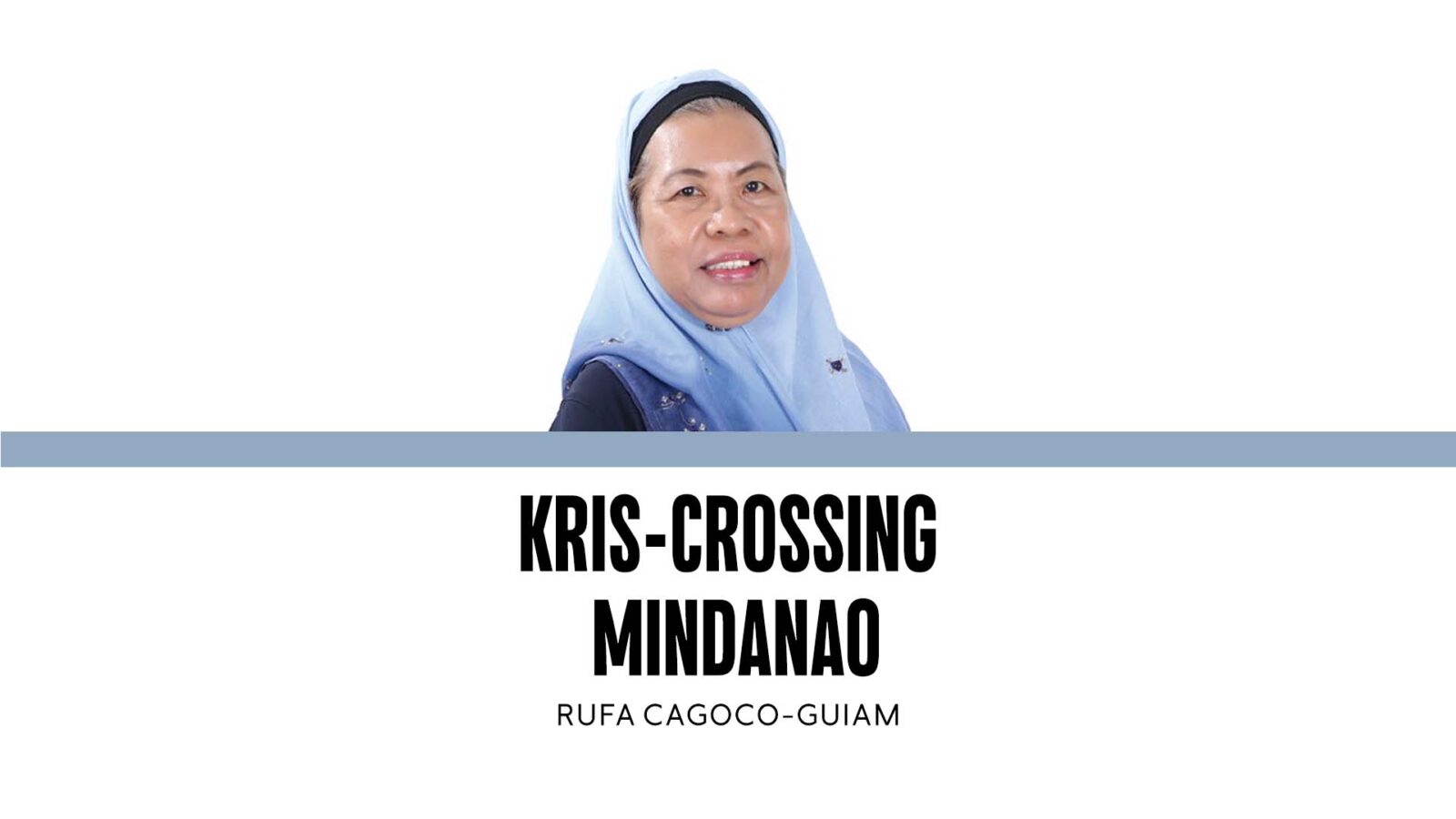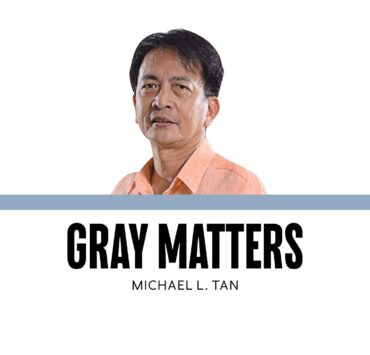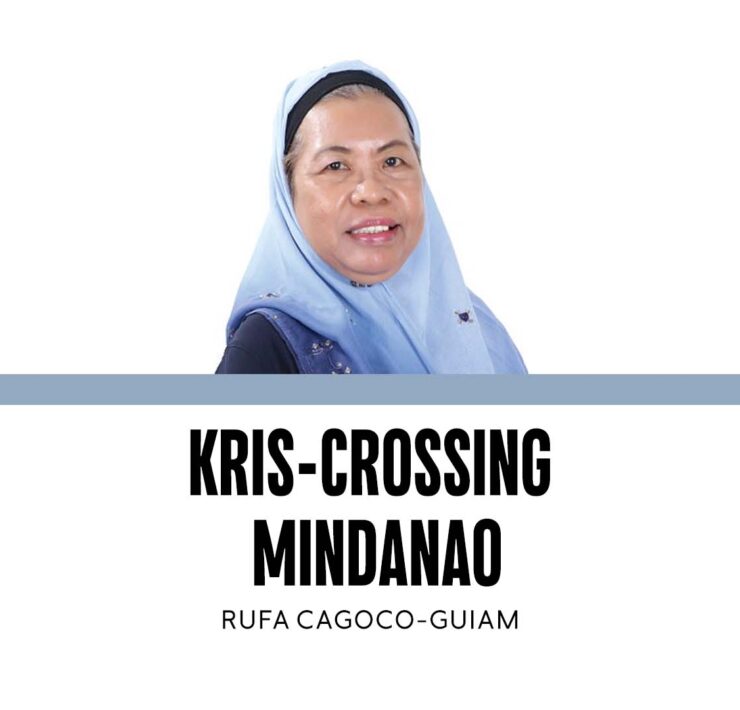Too little, too late, and too slow

The title of today’s piece describes our collective reaction to all events unfolding before us, local, national, or international.
Our collective stupor has been our way of life for the last two presidential elections. Before Ferdinand Marcos Jr. became President, we had a president who made killing a normalized disciplinary action for those allegedly involved in the illegal drug trade. Many of us appreciated this, arguing that it was, so far, the best deterrent to the widespread use of illegal drugs among the youth.
When former President Rodrigo Duterte started his term, he vowed to end the illegal drug problem within six months. A lot of us applauded him, despite his crass and vulgar language, whenever he talked about this major affliction among the Filipino population.
But when he stepped down in May 2022, the drug problem was nowhere near eradicated. Duterte himself admitted that he was not able to end this problem as he promised.
The levels of corruption in many government bureaucracies—from the local to the national levels—were already quite noticeable earlier, even before Mr. Marcos cried “mahiya naman kayo!” in his fourth State of the Nation Address.
When Duterte assumed the presidency, he always said that he hated corruption—even a “whiff” of it. It appeared that he did not want small-scale corrupt practices and could have allowed huge amounts of corruption. But it was during his time that the now infamous contractor couple—the Discayas—bagged the biggest chunks of their contracts with the Department of Public Works and Highways (DPWH).
We also recently learned that one of the huge contributors to the campaign of Duterte’s daughter, now Vice President Sara Duterte, is the Escandor family. A recent inquiry yielded information that the Escandors contributed P20 million to Sara’s vice-presidential campaign. The Escandors are the owners of Genesis 88 Construction. They bagged P2.9 billion of flood control projects in the entire Davao Region, with 25 percent of these projects in Davao City. The Escandors own some hotels and other business establishments in Davao City. Many of their projects are now being investigated by the new secretary of the DPWH. Some of these projects were completed in 2022, but only on paper.
This does not include the infrastructure projects awarded to the family of Sen. Bong Go, who used to be Duterte’s man Friday. In August 2025, information surfaced that Go’s father, Desiderio Go, owns the CLTG Builders (the initials stand for Christopher Lawrence Tesoro Go, the senator’s full name). The company allegedly facilitated the joint venture with Sarah Discaya’s St. Gerrard Construction, the top contractor during the Duterte presidency.
Why it took us this long to express our rage during the “Trillion Peso March” last Sept. 21 spoke volumes about our collective slumber for more than a decade. It seems we have “accepted” that corruption in government offices is normal. It would be unusual to find a few local and national government officials whose hands are not entangled in dirty reciprocal relationships with contractors of infrastructure projects.
And it took a force majeure from nature—in the form of endless flooding—among areas that were supposed to benefit from multimillion- and multibillion-peso flood control projects to wake us up. We reacted like audiences of a slow-burn movie, and only recently have we realized that we could do something together. And this has led to holding huge protest rallies to call out our senators, congressmen and women, and all local and regional officials.
In fairness to several journalists—both in broadcast and print media—these anomalies have been written about and discussed on television in the recent past. But collectively, many of us just listened and shrugged our shoulders, thinking that it was not something to be surprised about.
Our delayed reaction, its minimal impact, and the slow pace of the national government in addressing these problems mirror how global populations have reacted to the major human-made catastrophes of the 21st century. These include Russia’s invasion of Ukraine that continues to this day, and the most inhuman tragedy of all—Israel’s genocidal war against Palestine.
While there are several international initiatives to challenge Israel’s genocide in Gaza, they are quite late and insufficient. Global entities like the United Nations should have acted more swiftly and more strongly, rather than just issuing statements of condemnation. And all these initiatives have been quite slow compared to the swiftness of Israel’s annihilation of Palestinians.


















